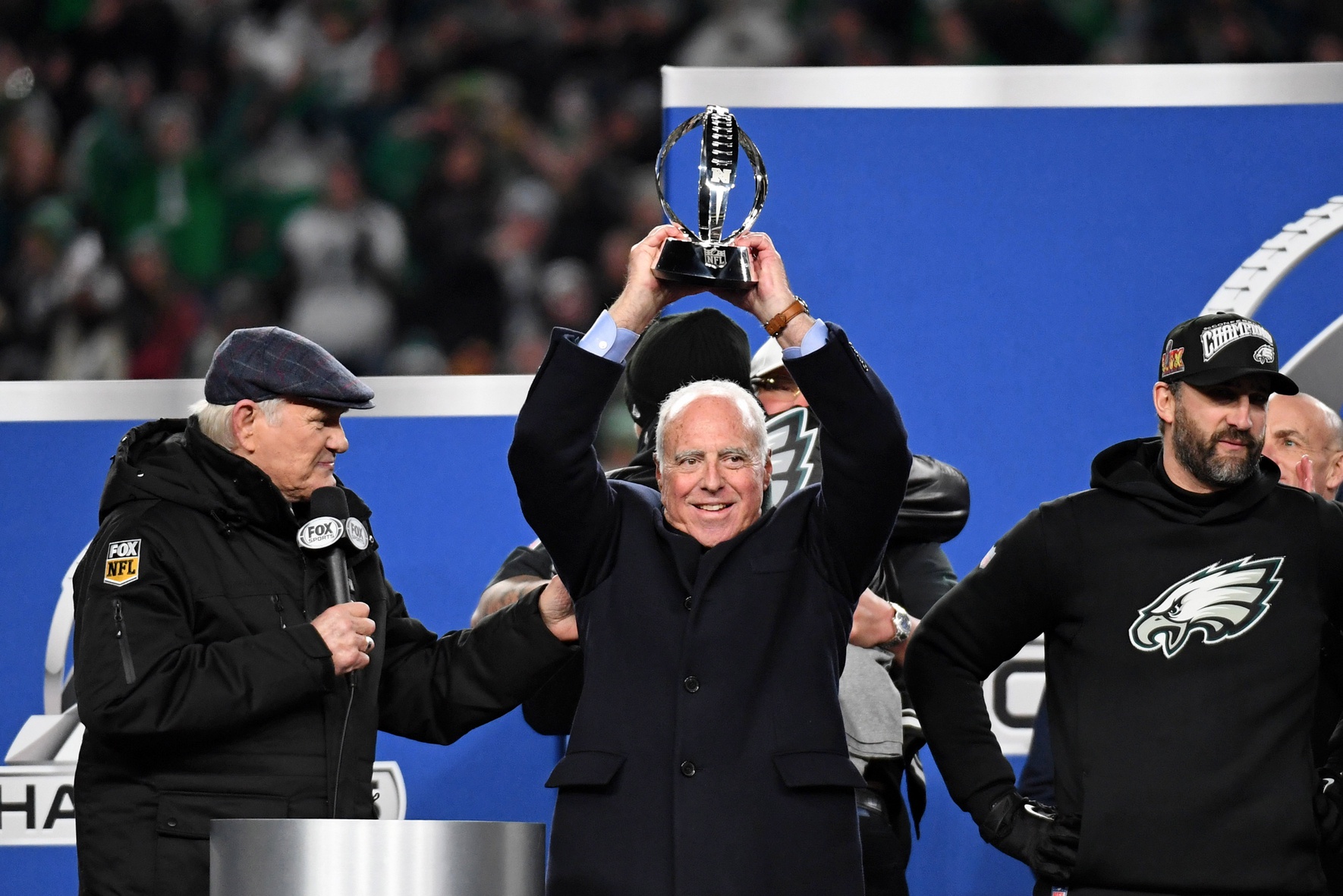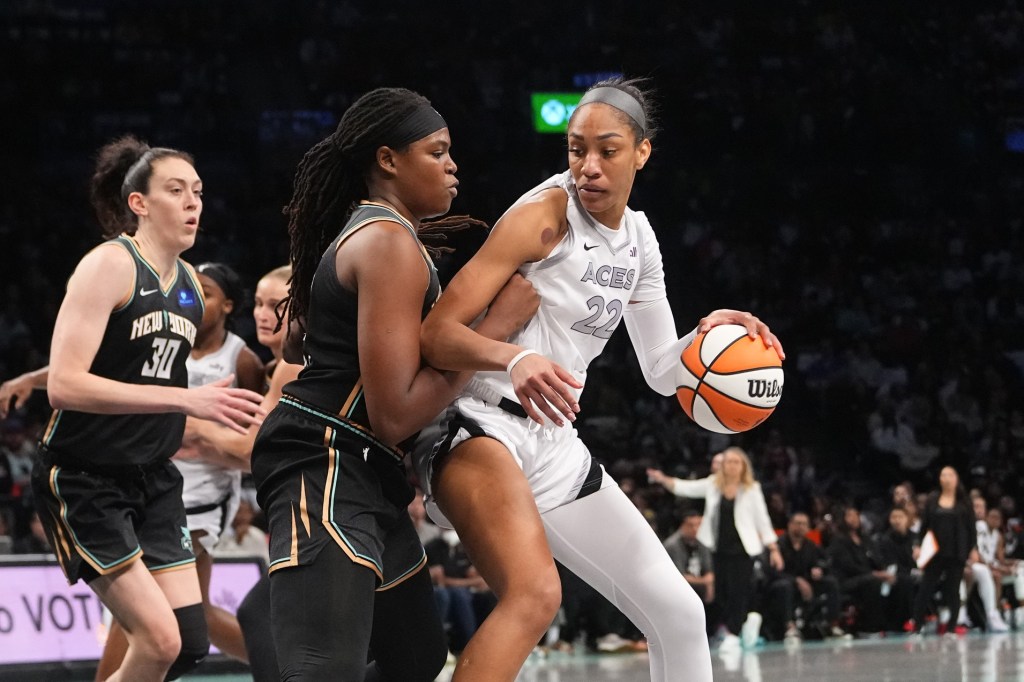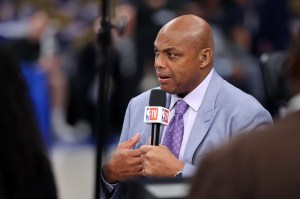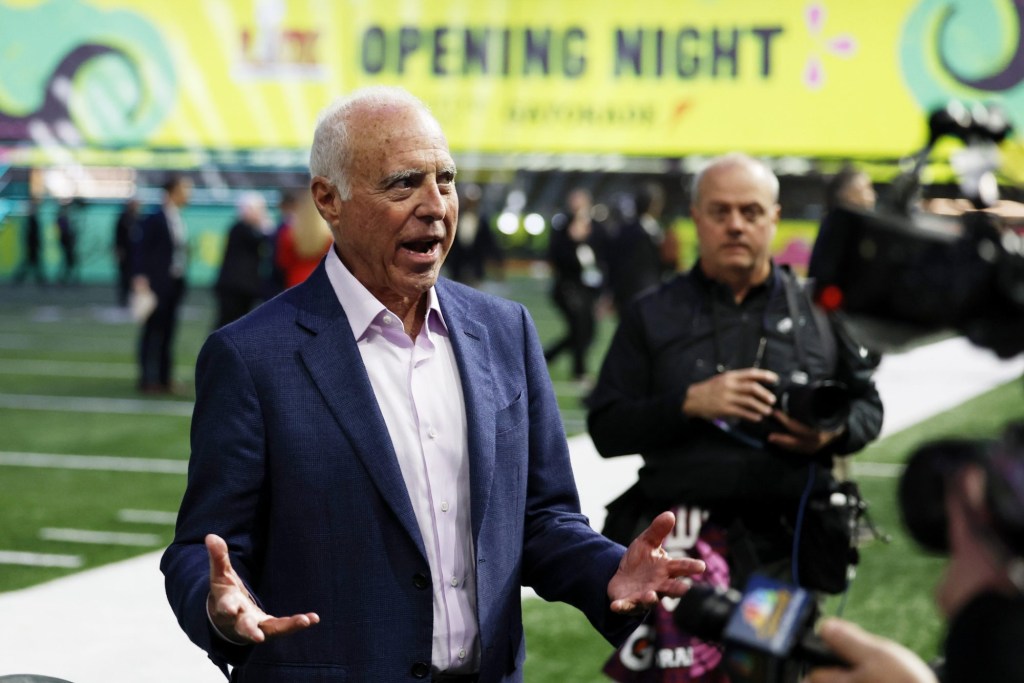Billionaire Eagles owner Jeffrey Lurie is one of a handful of potential new owners for the Boston Celtics, Bill Simmons said on his podcast released Monday.
Simmons said the initial group of interested parties had been whittled down to about four or five candidates, and Lurie was one of the names he recognized.
“I always thought the Eagles were one of the best-run football teams, right? So if he bought the Celtics, that’s a decent outcome,” said Simmons, who first gained prominence as “The Boston Sports Guy.”
Lurie would be following in the footsteps of the owner of his team’s Sunday afternoon NFC conference opponent and divisional rival, Josh Harris. He bought the Commanders in 2023, growing his sports ownership empire that already included the Philadelphia 76ers and New Jersey Devils. When it comes to the remaining major Philadelphia sports, Phillies owner John Middleton doesn’t have a stake in other teams, and Comcast Spectactor owns the Flyers, the only major team in the company’s sports portfolio.
Though potentially traitorous to his devoted Eagles fan base, purchasing the Celtics could make sense for the 73-year-old Lurie. He’s originally from the Boston area, and earned degrees at three local universities. Lurie originally tried to buy the Patriots but was outbid by Robert Kraft, then set a record with his $185 million purchase of the Eagles in 1994.
“I was an obsessed Patriots fan growing up, as I was for all the Boston sports teams,” Lurie said in a 2018 ESPN interview. “The Pats were my team. Not anymore.”
Reports surfaced in June that Lurie was interested in selling a minority stake of the Eagles. Those sales were approved by NFL owners in December—Lurie sold 8% of the team to two family investment groups in a deal valuing the Eagles at $8.3 billion.
Just weeks after winning the NBA championship last year, the Celtics ownership group led by Wyc Grousbeck put the team up for sale. The group bought the team for $360 million in 2002, and now values the team at about $6 billion. It wants to sell 51% of the team this year, but hold onto controlling powers and the remaining 49% until 2028.

















